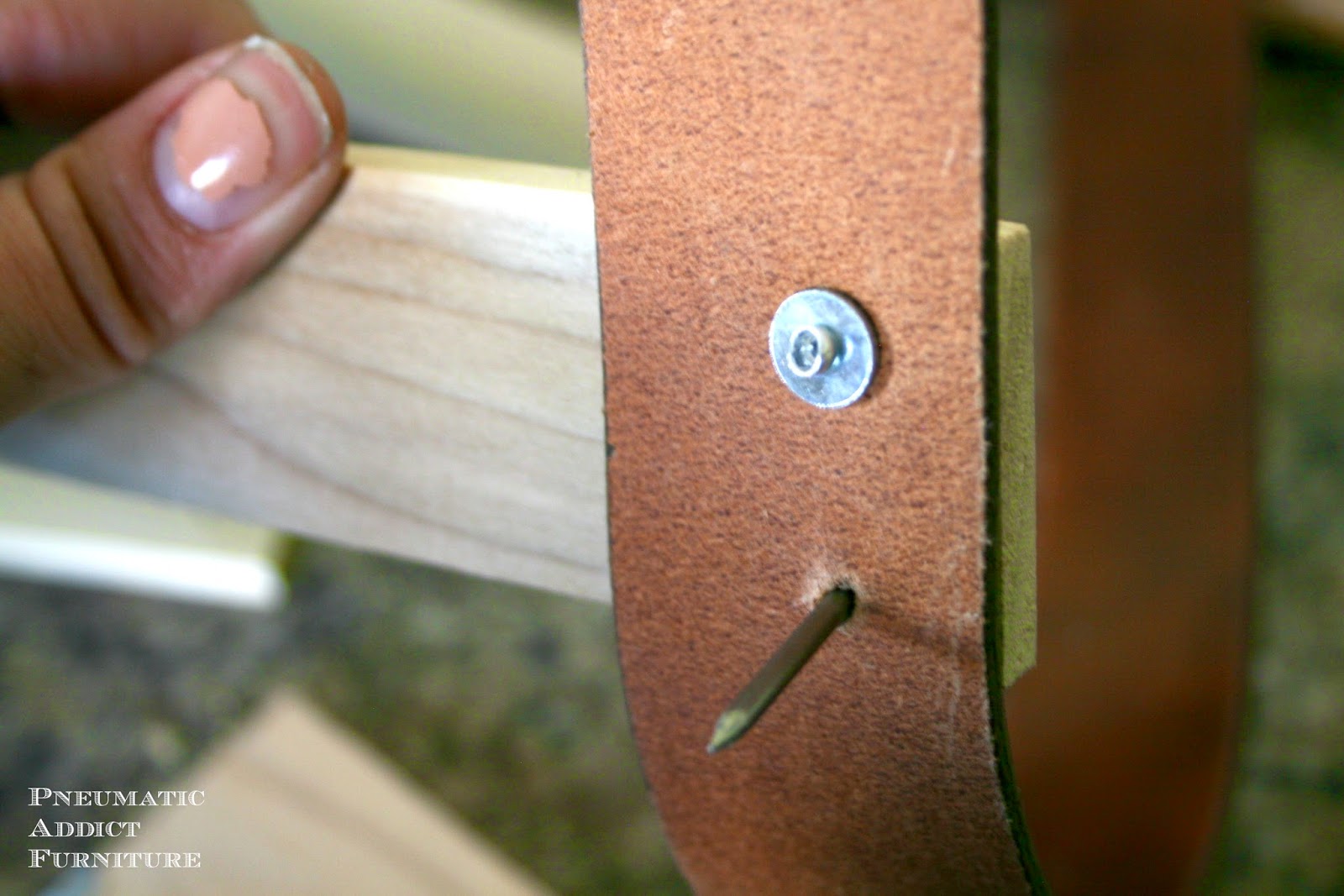Apply a single layer of contact cement to the side of the leather that. Now, cut the excess with a pair of scissors if the leather sticks out of the wood. Never had the bond fail and i always put at least 2 coats of glue on both surfaces.
Tiger woods upper deck cards
Where to get wood legends arceus
Repair water damaged wood
Stickley 369 Morris Chair 6 Leather Upholstery by pintodeluxe
What i would do is to wet form a piece of veg tan 8/9 oz around your jaws.
That is seemingly a small piece of wood to attach a rather much larger piece of leather.
Like dan, i have always used contact cement to glue leather faces to mallets i have made.Use a clamp and piece of wood to hold it in place. I have some fairly thick (8oz.) veg tan leather that i want to attach to a curved strip of wood.The contact area will be pretty minimal.
Apply cement glue to the leather.Glance across the bonded piece, and check if the attached leather extends beyond the wood surface. With a flat putty knife, kindly work on smoothing the leather to remove unwanted creases and wrinkles that may occur.The curved strip is be 1/2 by 6, and the piece of leather is 6x6.

I was considering either liquid hide glue or epoxy.
If you glue it, then you will have a hard time replacing it should the need arise, quote.It is important to firmly use a roller to roll the leather into the glued surface of the wood to get good adhesion. Gluing leather to wood step 1:Once the leather is dry and formed to the jaw, you can remove the clamps then just tack it in place.




